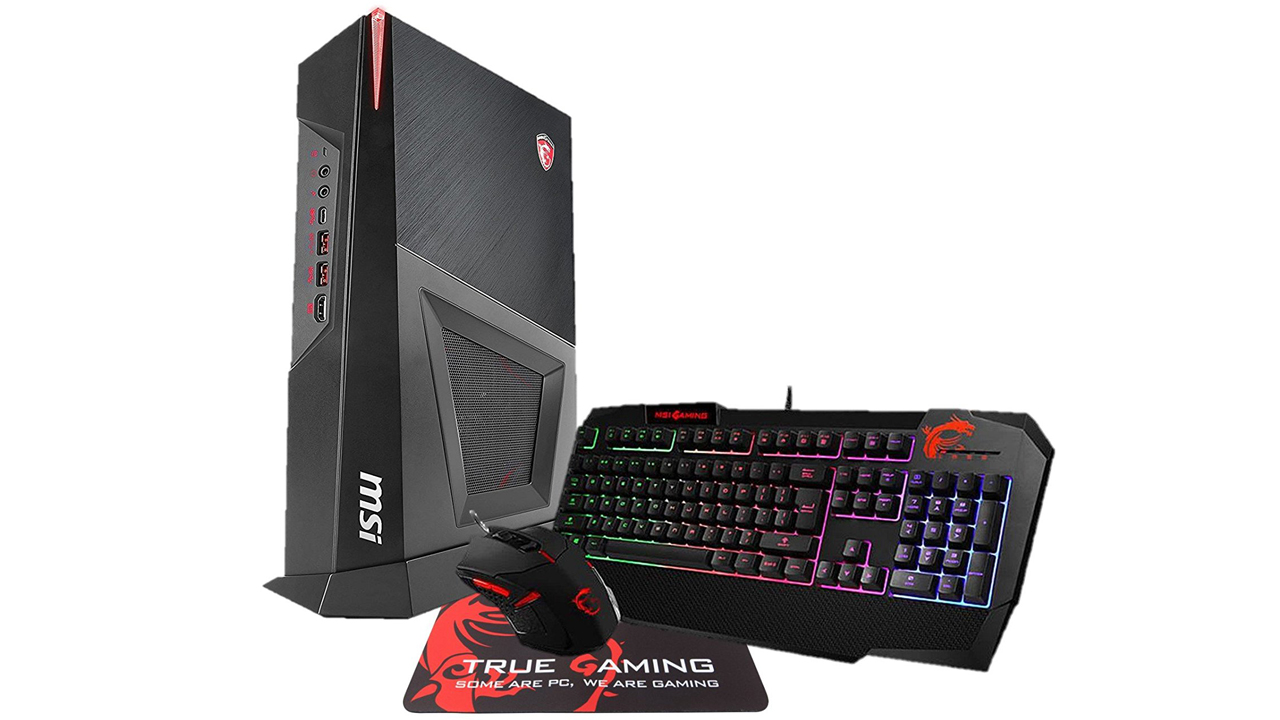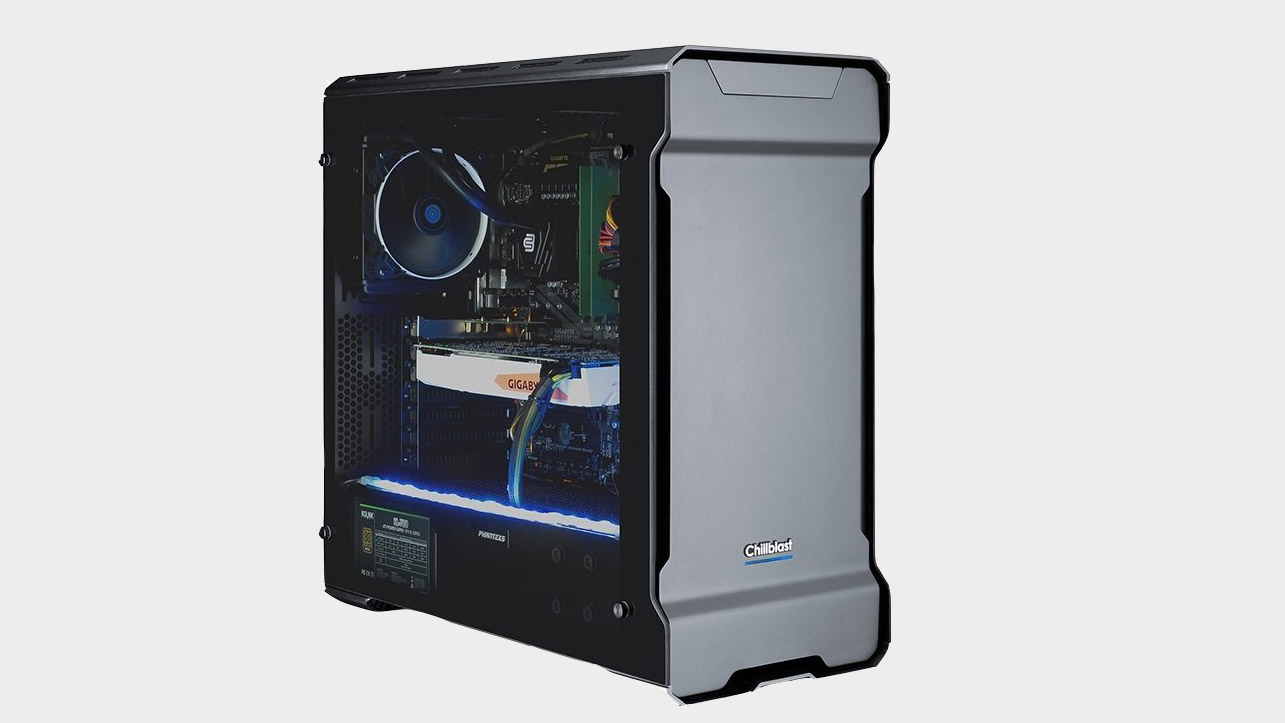Cost of living: How much does it cost to run a gaming PC?

In the face of the ongoing cost of living crisis, you may be weighing up your spending on things you once took for granted. The cost of playing video games might fit that bill for you, and so in our two previous cost comparison articles – how much does it cost to run a PS5? and how much does it cost to run an Xbox Series X? – we considered the price of powering up our favorite games on our favorite consoles. Doing the same for PC players is more difficult, simply because the cost of running a gaming desktop depends on the parts each player has running under the hood. But, obviously, that's not to say there aren't ways to help PC players save money.
According to PC retailer and specialist UK Gaming Computers, the average gaming desktop setup can use somewhere in the vicinity of £280 to £300-worth of electricity every year. When powering the most visually-demanding games of the current age – the likes of Elden Ring, Call of Duty: Warzone, God of War, and Halo: Infinite, to name but a few – even the most efficient processors have a power rating of 450W (against the PS5's 350W and the Xbox Series X's 315W).

As per Sust-It's 'Electricity Cost Calculator', this means that running a top-end game on a gaming PC with the above rating for two hours per day will cost £3.28 per week under the current UK price cap (34 pence per kWh; from October 1, 2022). For the month of October, then, this will in turn cost PC players £14.57.
Again, this is likely to fluctuate a lot more for PC players given the variety of system specifications at the fingertips of desktop devotees. But, there are some universal tips worth considering that could save PC players money. As outlined in detail by our friends at PC Gamer, PC players can save cash in the following ways:
- Shut down your PC: As opposed to leaving your desktop on sleep or standby, power everything down completely.
- When using sleep mode (which uses, on average, just 3W per hour), lower your inactivity time limit in the same way you might do with mobile devices – e.g. set sleep mode to activate after 10 mins instead of 30.
- Limit the use of redundant apps running in the background – if you don't use Discord regularly, it probably doesn't need to be a startup app in the same way, say, Steam might be.
- Consider switching your Windows power settings from 'high performance' to 'balanced' – game performance shouldn't be affected by doing so; your PC should switch gears automatically whenever a resource-hogging game is booted up.
Again, while PC gaming rigs differ in size and scale across the board, the best gaming PC pre-builds are designed with energy efficiency in mind – which can not only help the environment, but can also drive down the cost of playing your favorite games on your hardware of choice.
Sign up to the GamesRadar+ Newsletter
Weekly digests, tales from the communities you love, and more

Joe Donnelly is a sports editor from Glasgow and former features editor at GamesRadar+. A mental health advocate, Joe has written about video games and mental health for The Guardian, New Statesman, VICE, PC Gamer and many more, and believes the interactive nature of video games makes them uniquely placed to educate and inform. His book Checkpoint considers the complex intersections of video games and mental health, and was shortlisted for Scotland's National Book of the Year for non-fiction in 2021. As familiar with the streets of Los Santos as he is the west of Scotland, Joe can often be found living his best and worst lives in GTA Online and its PC role-playing scene.


